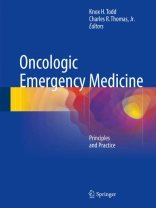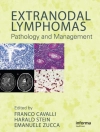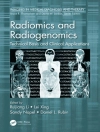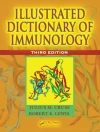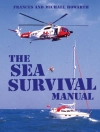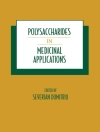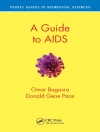This is the first comprehensive clinical reference on cancer emergencies. It is edited and written by world-renowned experts in emergency medicine and oncology and covers the diagnosis and management of the full range of emergencies caused directly by cancer or by its treatment. It shows how the entire spectrum of clinical medicine is brought to bear in the care of cancer patients in the unique setting of the emergency department (ED), from health promotion and prevention, to treatment and palliative care. Recognizing the multiple, overlapping contexts in which emergency care of cancer patients occurs, the book addresses clinically crucial interdisciplinary topics such as the ethics of ED cancer care, the interface with palliative social work, substance abuse, and more. Finally, perspective on care system and social forces that shape ED cancer care, such as cancer care disparities and care models, and on how ED cancer care is delivered outside of the United States, frame the book asa whole. Against the backdrop of rising numbers of cancer patients and survivors as the United States population ages and a forecast shortage of oncologists, this book is designed to serve as the authoritative, single-source clinical reference on cancer emergencies. The intended audience includes emergency physicians, oncologists, internists, family physicians, emergency nurses, nurse practitioners, physician assistants, policy makers as well as pre- and postgraduate trainees.
Inhaltsverzeichnis
Models of Care for Cancer Emergencies.- Quality Measures for Oncologic Emergency Medicine.- Ethics of Emergency Department Cancer Care.- Patient Navigation.- The Interface of Emergency Department, Oncology, and Palliative Social Work: Psychosocial Interventions in Oncologic Emergencies.- Rapid Learning Systems.- Tobacco-Related Illnesses and Management.- Ionizing Radiation.- Cervical Cancer Prevention.- Radiological and Nuclear Terrorism: The Oncological Emergency Response.- Emergent Management of Acute Airway Obstruction from Malignant Disease.- Oncologic Emergencies of the Central Nervous System (CNS).- Malignant Spinal Cord Compression.- Head and Neck Oncologic Emergencies.- Cardiovascular Emergencies.- Pulmonary Complications in Cancer Patients.- Venous Thromboembolism.- Superior Vena Cava Syndrome (SVCS).- Neutropenic Fever.- Bleeding and Thrombosis in Cancer Patients.- Endocrine and Metabolic Emergencies.- Pituitary Apoplexy.- Nephro-Urologic Emergencies in Patients with Cancer.-Oncologic Emergencies: Gastroenterology.- The Acute Abdomen.- Colorectal Cancer Prevention and Emergency Management.- Diarrhea in Cancer Patients.- Constipation in Cancer Patients.- Dermatologic Emergencies in Oncologic Patients.- Gynecologic Oncology Emergencies.- Ophthalmic Emergencies in Cancer Patients.- Psychiatry and Oncologic Emergencies.- Chemotherapy-Induced Toxicities.- Treatment Toxicity: Radiation.- Emergency Radiology.- Pain Management.- Substance Abuse Issues in Oncology: What the ED Professional Needs to Know.- Dyspnea in the Dying Patient.- Palliative Surgery.- Cardiopulmonary Resuscitation in the Cancer Patient.- Emergency Department Use at End of Life Among Cancer Patients.- Capacity Building: Integration of Palliative Care in Emergency Medicine
Über den Autor
Knox H. Todd, MD, MPH
Professor and Founding Chair
Department of Emergency Medicine
The University of Texas MD Anderson Cancer Center
Houston, TX, USA
Charles R. Thomas, Jr., MD
Professor and Chair
Department of Radiation Medicine
Knight Cancer Institute
Physician-in-Chief, Radiation Oncology Service
OHSU Healthcare
Oregon Health and Science University
Portland, OR, USA
